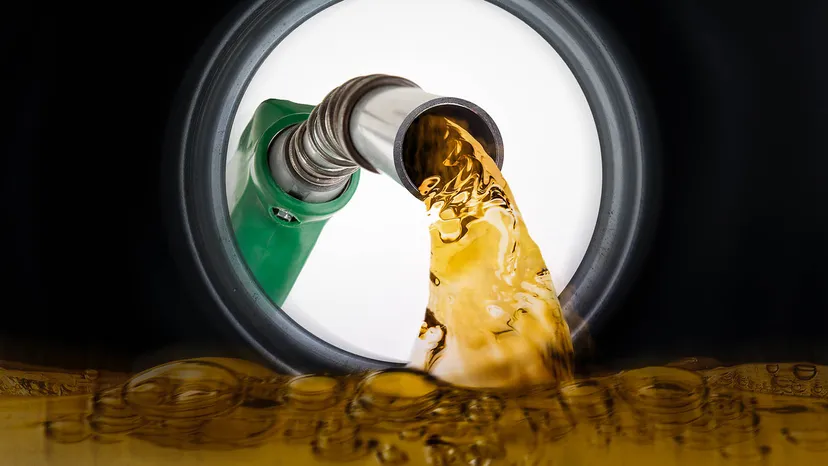
Despite South Africa’s petrol and diesel prices normally being closely aligned, this trend has changed in the last few months, with diesel prices now expected to rise despite projected drops in the cost of petrol.
The latest data from the Central Energy Fund shows that petrol prices are on track to come down by as much as R1.20 per litre in October – however, diesel prices are looking like they will increase by between 25 cents and 31 cents per litre.
Andre Botha, a senior dealer at financial consultancy TreasuryOne, said that this disparity between petrol and diesel lies in the ongoing conflict in Europe, which is pushing up global demand for diesel.
Should the crisis in the Eurozone continue and supply not increase from oil-producing countries, South Africa could see global demand for diesel drive prices up “for a while”, he said.
Botha said the key difference in the prices of diesel and petrol boils down to supply and demand.
“A lot of market players have bought diesel in the short term due to the lack of supply, as well as the current energy crisis in the Eurozone as the winter approaches,” he said.
“Diesel is used in generating electricity as well as being the preferred fuel for machinery for production. With the market scrambling for diesel surety, supply is king, and suppliers are selling diesel at a premium due to the high demand.”
Botha said that to curb high diesel prices, either a major change in the Russian conflict is needed or an increase in supply from other countries.
But even as alternatives are being explored, any changes will take a while to manifest in the market – so diesel prices are likely to remain under pressure in the near term.
The finance expert said that recent developments in the oil market would also have a direct impact on the disparity, which will likely play out in fuel adjustments next month. Oil prices have come down from their highs of $140 per barrel earlier in the year, now hovering below the $100 per barrel mark.
Warnings over higher diesel prices have been heard since the beginning of September, with the CEO of Debt Rescue, Neil Roets, saying that the increase in demand for diesel and subsequent price hikes will be passed onto consumers – not only in terms of filling one own car but also in the goods that are produced through diesel reliant manufacturing.
Peter Morgan, the CEO of the Liquid Fuel Wholesalers Association, added that more specifically, domestic diesel prices are directly linked to the following global factors:
- Fuel sale numbers in countries abroad
- Stock levels in different jurisdictions
- The behaviour of OPEC
- Geo-political issues
Morgan predicts that by the end of 2022, the country will see demand patterns return to 2019 figures where there were approximately 13 billion diesel sales compared to 11 billion petrol in the year.
During the pandemic, the disparity widened, with sales for diesel slipping to 12.5 billion (1.5 billion fewer) compared to petrol, which saw a decrease to 9 billion (2 billion fewer).






